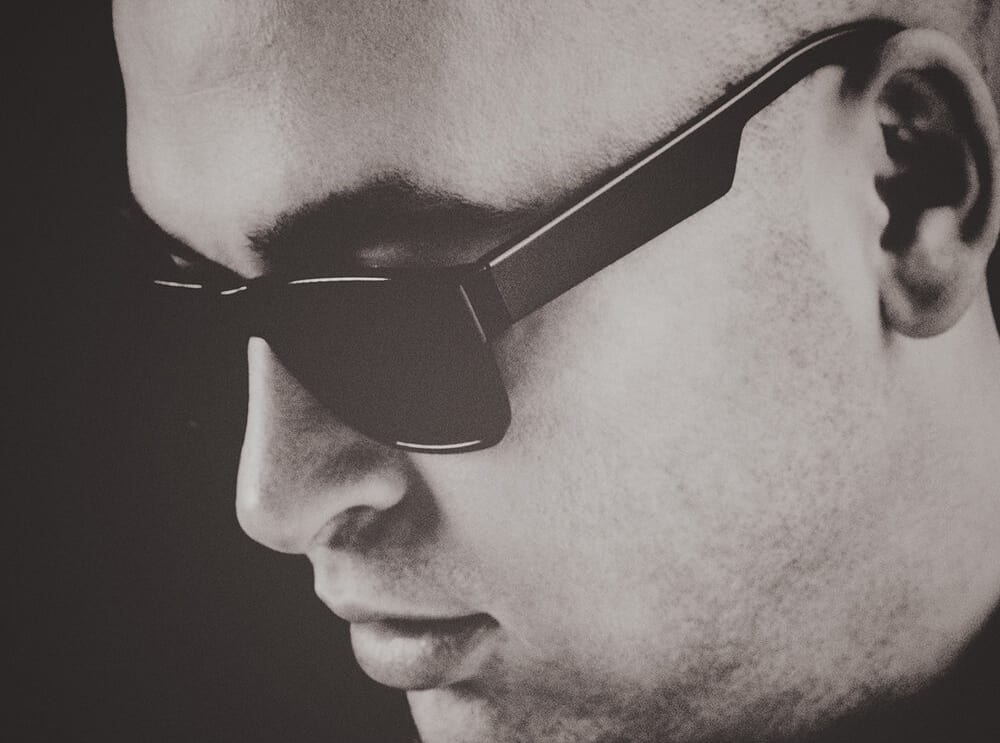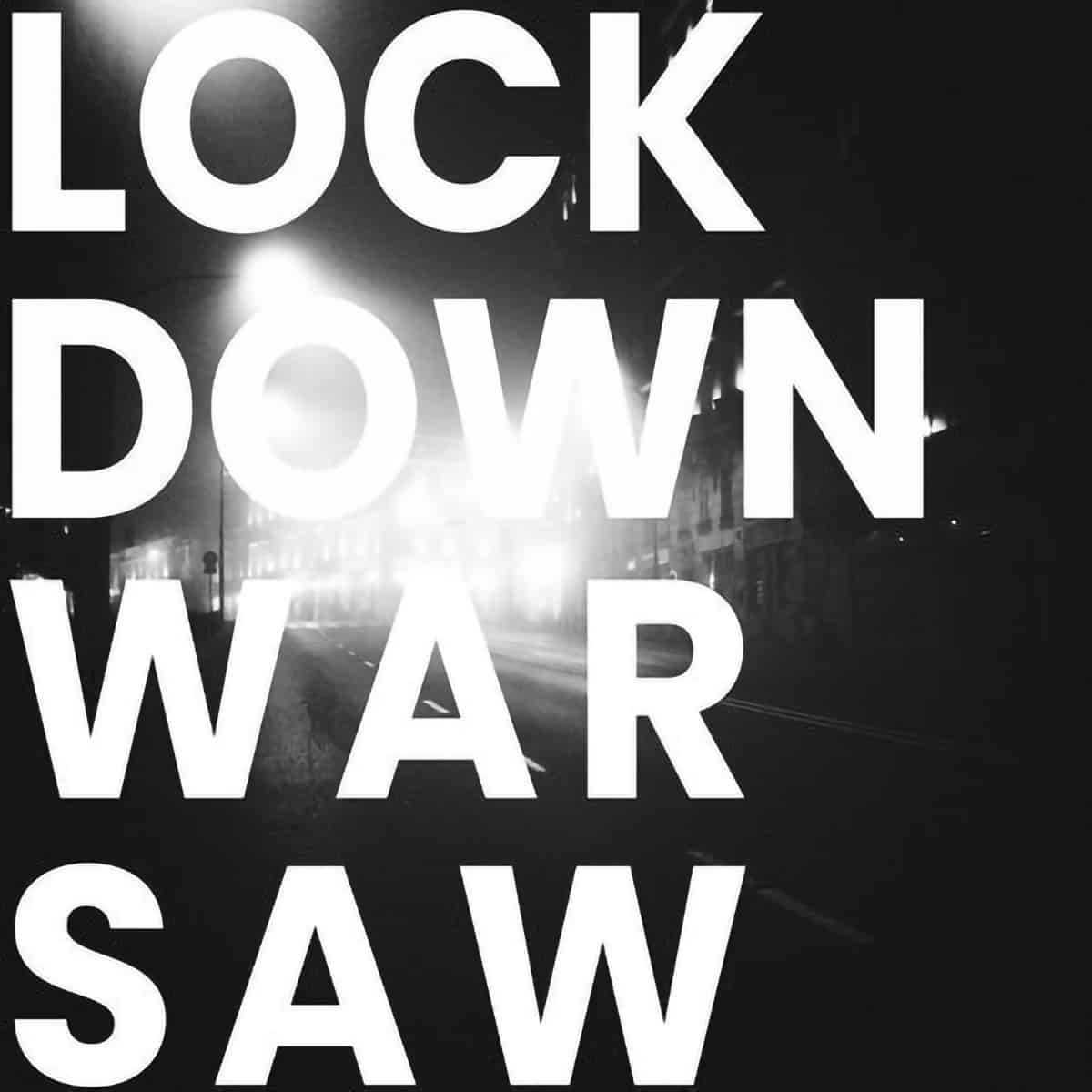Following on from his brilliant mix we thought it would be nice to sit down and have a few words with PiMO. If you haven’t yet checked out his artist showcase mix make sure you do.
Can you tell us a little bit about your background? where are you from / how did you get into music?
I was born and raised in Warsaw and have been producing music since 1999. My first project has been Modfunk then came Thrill Kill. Currently I’m focused on developing my individual project under a nickname PiMO. So far, I have had the privilege of working with small and big names such as Tomo Milicevic of 30 Seconds To Mars and Philippe Zdar of Cassius. What I’m going to say is not very unusual, but like most producers nowadays I don’t have any music background. I learned everything myself. I started to produce music because I have always been fascinated by the creative process. Since composing and producing was quite easy for me, I decided to spend much more time on it just to explore the whole production process and my own capabilities.
Who are you main inspirations? and how have they affected your sound?
In 1999 I was fascinated by the sound of French Touch. We wanted all our productions to resemble those coming to us from France. We even made things similar when it comes to the course of thinking and the manner in which we promoted our music. This sound can be easily spotted on our first two albums. Currently I feel that a lot has changed since then. Obviously, I’m impressed by many present productions and producers, but at this point I’m not chasing a particular sound. I try to be more open to my ideas and not to assign myself the need to stay in a certain stream. My new single Lockdown Warsaw is a good example. Just a few years ago I would have wondered many times if this is the sound of PiMO and if this project should sound like that. Today it doesn’t matter. The most important thing for me is the music and the fact that with each track I close a certain chapter while feeling inner shift and evolution.
How would you describe your sound in 2020?
I don’t have a special term for my sound but, as I mentioned before, it’s definitely a period when I don’t block out on my own ideas. Today I put sustainability first and the way I approach every new concept. I can confidently claim that for PiMO 2020 is about development and sound diversity.
Where do you see your sound going in the future?
This year, as in the following years, I would like to focus on my progress as an artist and the growth of my PiMO MUSIC label. It is clear that reconciling these two functions is not easy, but it is essential to maintain some continuity for both entities although in this business and particularly in these crazy times nothing is certain. However, if you work with the right partners who allow you to develop, then of course it is much easier to achieve your objectives. Therefore, at this point I would like to distinguish my distribution partner Paradise Distribution which gives me the opportunity to evolve as an artist and as a label. Also special thanks go to Phil Darimont, who believed in my music.
Tell us a little bit about your studio, are you hardware or software? how do you get a track down?
At the moment I’m trying to work from home, but eventually I plan to rent a studio for final processing. It seems to me that nowadays this is the only sensible solution. Therefore, referring to your question, I remain using the software during the production process and hardware will follow during the mix down and mastering process.
Are there any pieces of kit that you find essential?
For me, Ableton Live is what is necessary to carry ideas. It is fast and very simple to use, which makes it very easy for me to create an outline of a piece as well as a complete arrangement.
It is definitely software for beginners and for those who are in this business a little longer.
Can you clue us into any acts you are loving that other people might not know?
Recently I’ve been fascinated by acts that create great music, but don’t reach the mainstream. I’ve been appreciating raw sounds and imperfect mix down lately because I believe that sometimes it’s all about the content. It definitely has a charm and then it turns out that not everything is so obvious. In recognition of these artists I created Spotify playlist called EVERYTHING IN BETWEEN. Here you will find some familiar and less known sounds.
It’s difficult for everyone in our industry during the crisis – what have you been doing to keep things going?
This is a very difficult period for our industry, but I believe that this is the perfect time to set some priorities. I try to make the most of this time and fully focus on my own productions and on my music label.
What’s next for you?
I am strongly committed to further progress as a music producer and a label owner
I certainly plan to publish a few more releases towards the end of this year. I think that the most important thing now is to be systematic and persistent. We function in very difficult times and it is not easy for all of us, but the most important thing these days is to stick to your goals.


